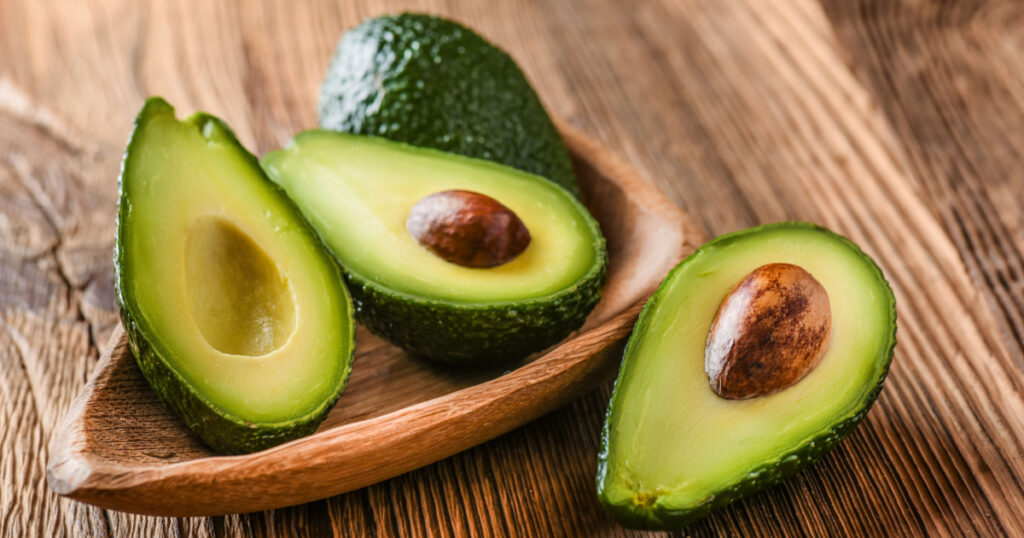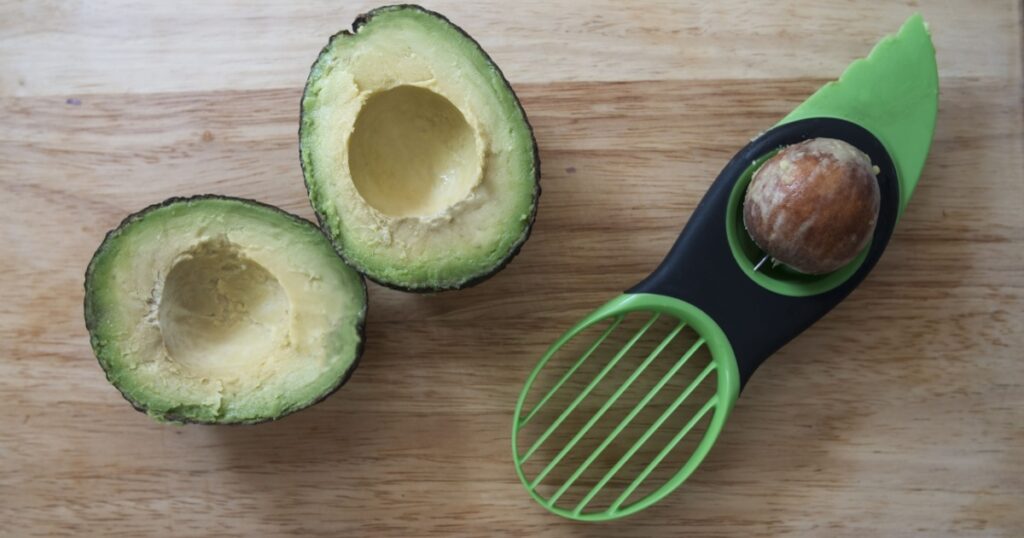Avocados are one of the world’s favorite foods. This savory fruit (yes, it is technically a fruit!) from Latin America is used all over the world, from guacamole to tacos, sushi, burgers, salads, and more. Not only are avocados delicious, however, but they are also extremely good for you. In fact, a relatively new study published by the American Heart Association highlights just how important this creamy green fruit can be for your heart and your health.
Avocados Have Been Associated With Lowered Risk Heart Disease

Avocado has been associated with a lower risk of heart disease for quite some time. A recent study published in the Journal of the American Heart Association has provided further evidence to support this claim. The study looked at how avocado intake is related to total cardiovascular disease (CVD), coronary heart disease (CHD), and stroke risk, using data from two studies: the Nurses’ Health Study (NHS) and the Health Professionals Follow‐up Study (HPFS). (1)
Read More: 10 Fruit and Vegetable Peels You Should Never Throw Away
More About The Study

These are some long-term studies, with the NHS study beginning in 1976 and the HPFS 10 years later in 1986. The NHS included over 121,000 female nurses aged between 30 and 55, while the HPFS included over 51,000 male health professionals aged between 40 and 75. Those included in the current study had no history of coronary heart disease. Both studies collected dietary data through validated food frequency questionnaires every four years. The researchers analyzed the data from these two studies and found that those who consumed more avocados had a lower risk of developing CVD, CHD, and stroke.
Your Excuse To Pay A Little Extra For Guac

The study found that those who consumed one avocado per day had a 30% lower risk of developing CVD compared to those who did not consume any avocado. Similarly, those who consumed one avocado per day had a 23% lower risk of developing CHD and a 36% lower risk of developing stroke compared to those who did not consume any avocados. The results still stood even after adjusting for race, age, smoking and alcohol status, physical activity, and other cardiovascular risk factors. These included a family history of heart attacks, diabetes, and cancer, menopausal status, hypertension or high cholesterol levels, and current hormone pill intake. The risk of CVD was 16% lower among those who had two or more servings of avocado per week, even after compensating for the effect of a raised BMI. When other sources of dietary fat were adjusted for, the CVD risk was reduced by 11%. And finally, as avocado intake increased by a quarter-fruit (half a serving) per day, the risk decreased by 20%.
Why Avocado?

The researchers also found that those who consumed more avocado had a higher intake of dietary fiber, potassium, and unsaturated fatty acids, which are known to have beneficial effects on heart health. Avocado is also rich in vitamins C, E, and K, which are important for maintaining good cardiovascular health. The researchers suggested that the reason avocado may contribute to a lower risk of heart disease is because it contains oleic acid, which is known to reduce cholesterol levels. In addition, avocados are high in fiber and low in saturated fat, two factors that can help lower blood pressure. (2, 3)
Read More: The Tree of 40 Fruit is indeed a coat of many colors
More Than Just Heart Benefits

In addition to its potential heart health benefits, avocado has numerous other health benefits. Avocado is a good source of healthy fats, which can help to improve cholesterol levels and reduce the risk of developing type 2 diabetes. Avocado is also rich in fiber, which can help to improve digestion and promote feelings of fullness, making it a great addition to any weight loss diet. Avocado is also a good source of several important vitamins and minerals, including vitamin C, vitamin E, vitamin K, potassium, and magnesium. These nutrients are important for maintaining good overall health and can help to reduce the risk of developing chronic diseases such as cancer and osteoporosis.
The Bottom Line

This new study provides further evidence to support the claim that avocado consumption is associated with a lower risk of heart disease. Avocado is a nutrient-dense food that is rich in healthy fats, fiber, and important vitamins and minerals. Adding avocado to your diet can have numerous health benefits and may help to reduce the risk of developing chronic diseases. Of course, it will only work if you are including it as a part of an already healthy diet and lifestyle.
Read More: Passionfruit Contains High Levels Antioxidants And 13 Known Carotenoids
Sources
- “Avocado Consumption and Risk of Cardiovascular Disease in US Adults.” AHA Journals. Lorena S. Pacheco, et al. March 2022.
- “Avocados, raw, all commercial varieties.” FDC
- “Risk of Deficiency in Multiple Concurrent Micronutrients in Children and Adults in the United States.” NCBI. Julia K. Bird, et al. June 24, 2017.

